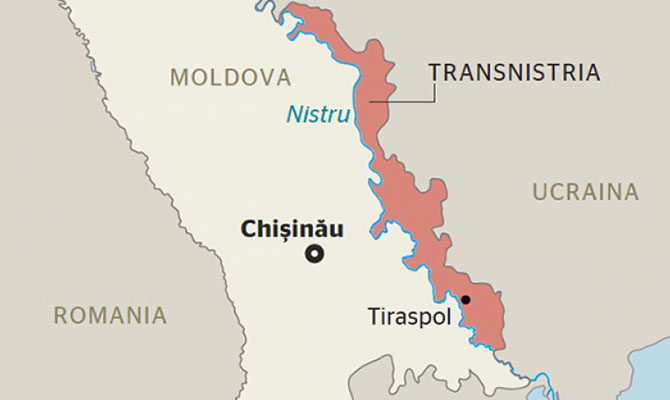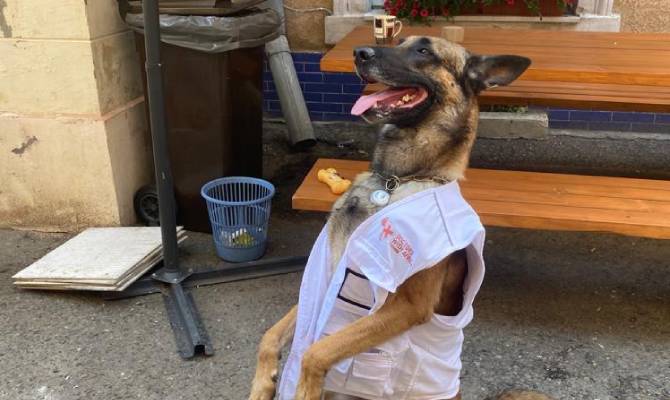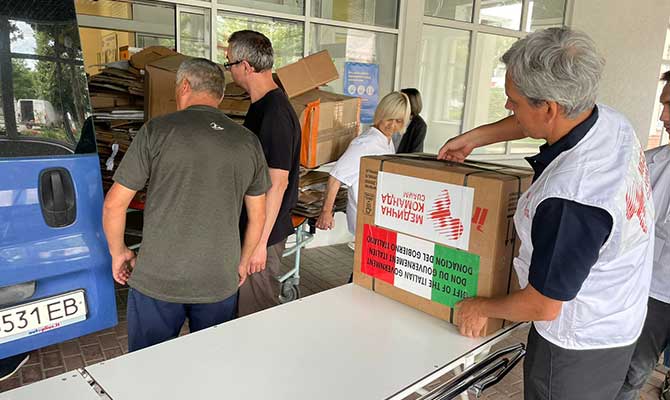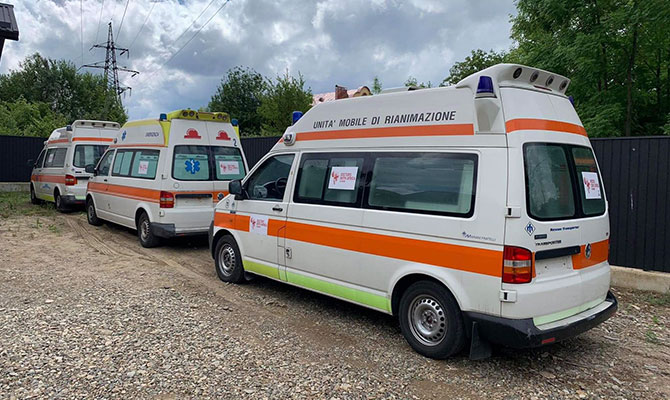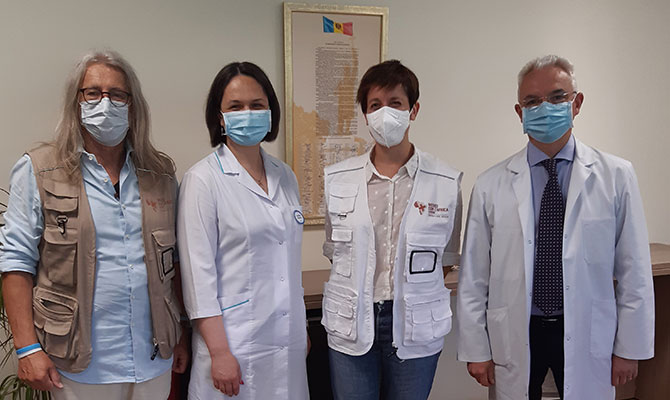“We live with our suitcases packed and our cars full of gas cans. We’re always ready. For the worst.” This is what people told me who I met last week in Chisinau. The atmosphere overall is very somber. The people are worried and live very precariously. We can sense the high tension, especially because recent violent events have happened in the Trasnistria region, a thin strip to the east along the entire border that separates Moldova from Ukraine. This area is less than 2 hours from Chisinau. This is a region, where Russian is spoken, that has declared itself independent, without ever having been recognized by anyone. There were attacks and a bridge was blown up that was strategic for connecting to and organizing logistics with Odessa.
It is feared that after Ukraine, the Russians will turn their attention to conquering this small, poor state. With a population under 3.5 million and an average monthly salary around €300-€400, if attacked, Moldova could hold out only a few hours. It has an army of 4,000 men. And right now, there are already 1,500 Russian soldiers n Transnistria. Given the fragility of the country, it’s doing everything it can. It has no resources, no facilities, and it’s not equipped like Romania or Poland. It depends completely on Russian gas. The other big concern is that the war’s intensification will lead to an uncontrollable flow of refugees. A half million have already come through Moldova and about 100,000 have stayed, hosted by local families. This makes it difficult to reach them and gauge their actual health needs. There are a few reception centers with little basic care with only private or public options, lacking a nonprofit sector to provide support.
We are working on this as CUAMM. There is one doctor and one nurse. Working with the diocese of Chisinau, it has a small outpatient clinic near a reception center, where we provide basic first care. Our people have gotten as far as Palanca, on the southern border, where there is the highest refugee flow. Our intention is to do more, to do as much as we can.
Giovanni Putoto, Cuamm

